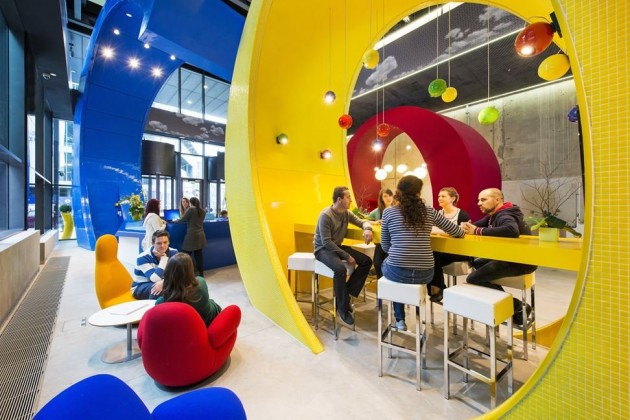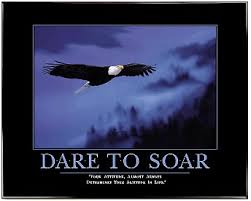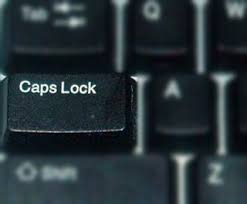PODCAST - #HRHappyHour 209 - Castlight and Enterprise Healthcare Management
HR Happy Hour 209 - Castlight and Enterprise Healthcare Management
Recorded LIVE from the Health & Benefits Leadership Conference April 9, 2015
Hosts: Steve Boese, Trish McFarlane
Guest: Maeve O'Meara, VP Products Castlight Health
Listen to the show HERE
US organizations spend about $620B annually on employee health and benefits programs and up to 30% of this enormous spend is wasted according to some estimates. For most employers, health and benefits is a Top 3 cost, but most have also only managed these as costs, i.e., as needing to be controlled, managed down, and to be shifted more to employees in the form of greater employee contributions towards care and benefits. But for many organizations, employee benefits have moved from a cost to be managed towards an important asset to be leveraged for employee well-being and organizational success. 
Today on the show, Steve was joined by Maeve O'Meara, VP Products from Castlight Health, an HR technology solution provider that has created a platform for what is becoming known as 'Enterprise Healthcare Management'. The Castlight platform helps employees access and utilize benefits and health programs and provides them better information, educational resources, and transparency to guide them in actively managing their care. For employers, the platform provides rich analytics about employee use of benefits, trends that are impacting and indicative of workplace challenges and tools to better predict what will happen next with employee benefits utilization. This leads to better experiences for employees and better outcomes for employers.
You can listen to the show on the show page here, or using the widget player below:
And of course you can listen to and subscribe to the HR Happy Hour Show on iTunes, or via your favorite podcast app. Just search for 'HR Happy Hour' to download and subscribe to the show and you will never miss a new episode.
Thanks to Maeve and Castlight Health for joining us!
 Happy Hour,
Happy Hour,  podcast tagged
podcast tagged  HR,
HR,  HR Happy Hour,
HR Happy Hour,  HR Tech,
HR Tech,  benefits,
benefits,  podcast
podcast  Email Article
Email Article 
 Print Article
Print Article 




